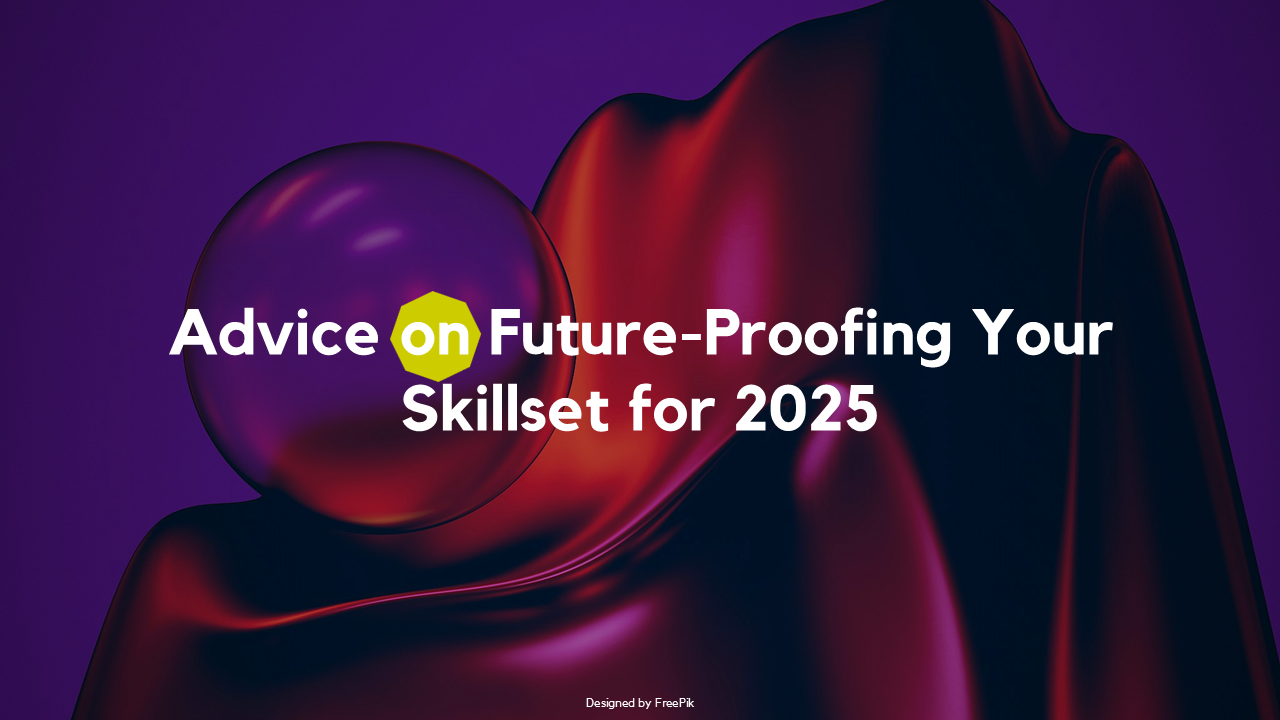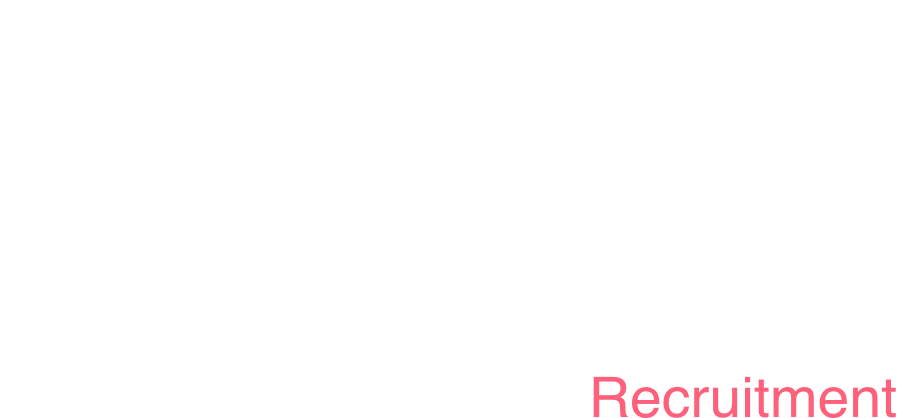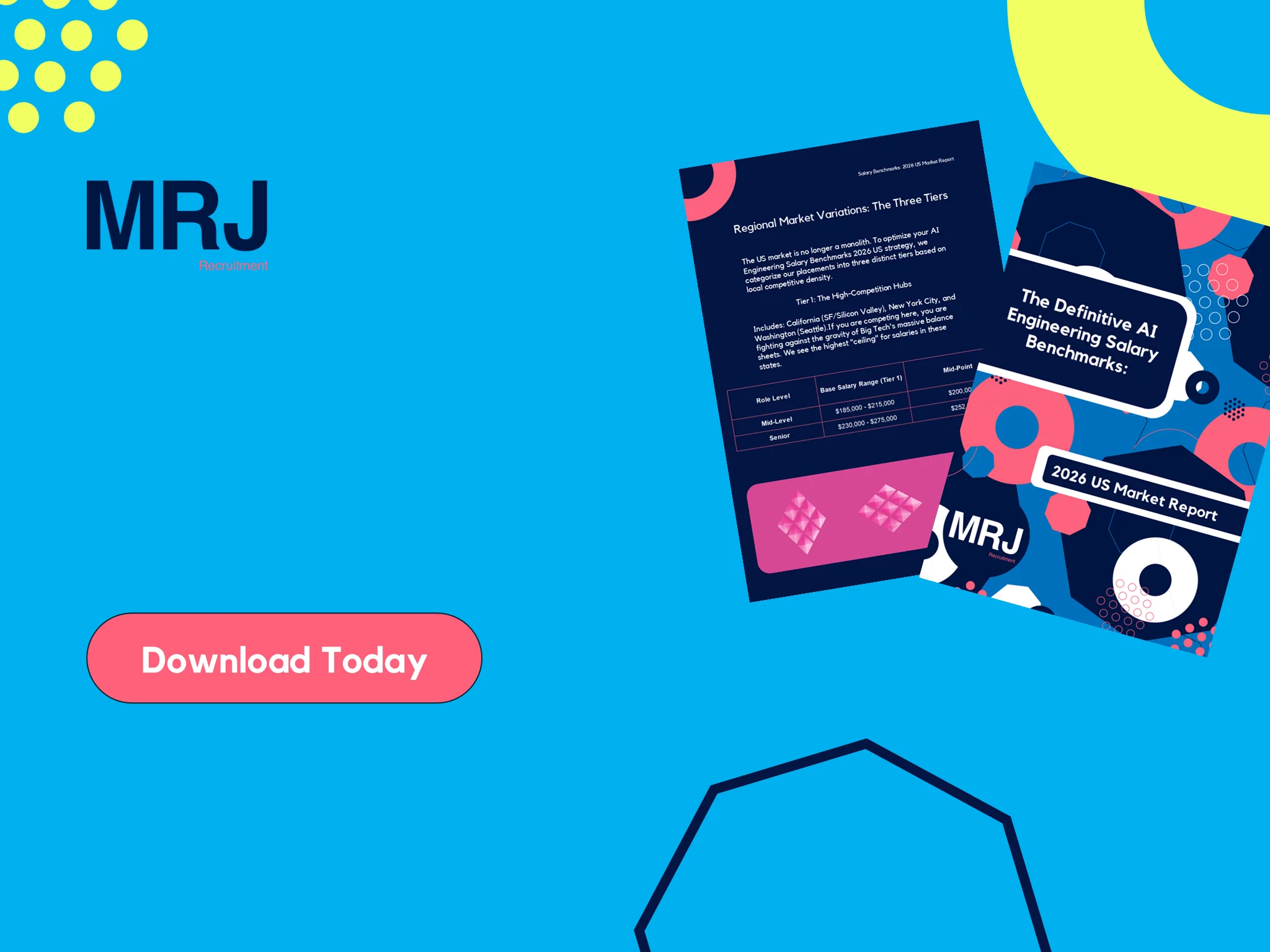Advice on Future-Proofing Your Skillset for 2025
13 Jan, 20255 minutesFuture-Proofing Your Career as a Software Engineer: A Guide for 2025The tech world moves fas...

Future-Proofing Your Career as a Software Engineer: A Guide for 2025
The tech world moves faster than ever, and as we approach 2025, the pressure to stay ahead as a software engineer has only intensified. With rapid advancements in frameworks, tools, and methodologies, it’s easy to feel overwhelmed by the constant need to adapt. But future-proofing your career isn’t about trying to master every new tool or trend—it’s about building the skills that will keep you versatile and ready for whatever comes next.
While we’ve already explored how Testers and QAs can embrace the future of quality assurance, the same questions are on the minds of software engineers—especially with increased uncertainty in the marketplace. How can you prepare for the unknown and stay ahead of the curve?
Here’s a few actionable things you can do to future-proof your career in 2025:
1. Flexibility Over Mastery of a Single Tool
Future-proofing is less about mastering one tool and more about cultivating adaptability. Technology evolves rapidly, and engineers often shift between tech stacks or architectures to meet project demands.
For instance, you might begin your career managing physical data centres and later transition to serverless computing using platforms like AWS Lambda. As serverless architecture gains traction, it highlights the importance of adaptability in meeting industry demands.
A similar dynamic applies to frameworks like React, Angular, and Vue.js, which come and go in popularity. Rather than anchoring yourself to one, focus on transferable skills like problem-solving and design patterns that can be applied across frameworks.
2. Embrace AI in Your Workflow
Artificial Intelligence (AI) has moved beyond buzzword status to become integral to modern engineering workflows. For software engineers, tools like GitHub Copilot, powered by AI, can automate repetitive tasks, from generating boilerplate code to debugging. These tools help developers save time and improve efficiency.
DevOps engineers can integrate AI with AWS SageMaker to streamline model training and deployment or adopt Kubeflow for MLOps pipelines. These tools enable scalable AI adoption, making them essential for engineers working in cloud-based or data-heavy environments.
By exploring AI-driven platforms, you position yourself at the forefront of innovation, where understanding and leveraging AI can enhance your daily productivity and job relevance.
3. Specialise in AI Infrastructure and ML Frameworks
AI infrastructure is a growing field that demands expertise in tools like TensorFlow, PyTorch, and TFX. These frameworks are vital for building scalable machine learning systems. As companies increase AI adoption, there is a rising need for engineers skilled in creating robust AI pipelines.
If you’re familiar with DevOps, transitioning to MLOps—a field focused on managing the lifecycle of AI and machine learning models—can be a natural step. With tools like Kubeflow, you can help organisations deploy and manage AI solutions at scale, a skill set increasingly sought after in the tech job market.
4. Focus on Enduring Knowledge
While it’s tempting to jump on every new framework or language, investing in fundamental skills will yield the most enduring value. Core programming concepts like object-oriented design, algorithms, and system design are timeless.
Languages like Python, C++, and Rust offer longevity and flexibility, making them ideal for software engineers seeking to remain competitive. Additionally, delving into topics such as linear algebra, statistics, and data structures will provide a solid foundation for working with machine learning and AI technologies.
A deeper understanding of systems—whether it’s how GPU acceleration supports AI workloads or how distributed databases like MongoDB or Cassandra manage scalability—makes it easier to adapt to evolving industry trends.
5. Avoid Overinvesting in Short-Lived Tools
Frameworks and libraries often have limited lifespans. For example, while jQuery was once a dominant tool for web development, its relevance has diminished with the rise of modern frameworks like React and Vue.js. Instead of overinvesting in specific tools, focus on mastering the principles that underlie them.
This approach also applies to build tools and CI/CD platforms like Jenkins, CircleCI, and GitLab CI/CD. While these platforms may differ, understanding the core principles of continuous integration and deployment will enable you to adapt to any tool your project demands.
6. Boost Your Credentials with Certifications
Certifications can enhance your credibility, especially in competitive fields like AI and cloud computing. For instance, earning the AWS Certified Solutions Architect credential demonstrates your expertise in designing scalable cloud systems, while the Certified Kubernetes Administrator (CKA) certification validates your ability to manage containerized applications.
Certifications in AI, such as the Google Professional Machine Learning Engineer credential, can also position you for hybrid roles that blend AI expertise with software engineering. However, while certifications add value, they should complement hands-on experience and a commitment to continuous learning.
Wrapping Up: Cultivate Curiosity and Adaptability
To future-proof your career as a software engineer, embrace change and remain curious. Whether it’s exploring MLOps, mastering frameworks like PyTorch, or adapting to new technologies like serverless computing, a mindset of learning is your greatest asset.
2025 is just around the corner, bringing endless opportunities. Stay flexible, invest in foundational skills, and explore tools like GitHub Copilot to amplify your capabilities. With the right preparation, you’ll be ready for whatever the tech world throws your way.
Looking for Your Next Step as a Software Engineer?
At MRJ Recruitment, we work with some of the biggest and most innovative tech companies in the North West. Whether you’re looking to elevate your career, explore new opportunities, or need guidance navigating the fast-paced tech landscape, we’re here to help.
Our expertise spans a variety of engineering specialisms, and we understand exactly what top employers are looking for. Check out our engineering recruitment page for a detailed breakdown of the tech stacks and skills our clients are currently demanding: IT & Engineering Recruitment.
Ready to take the next step in your career? Let’s connect!




